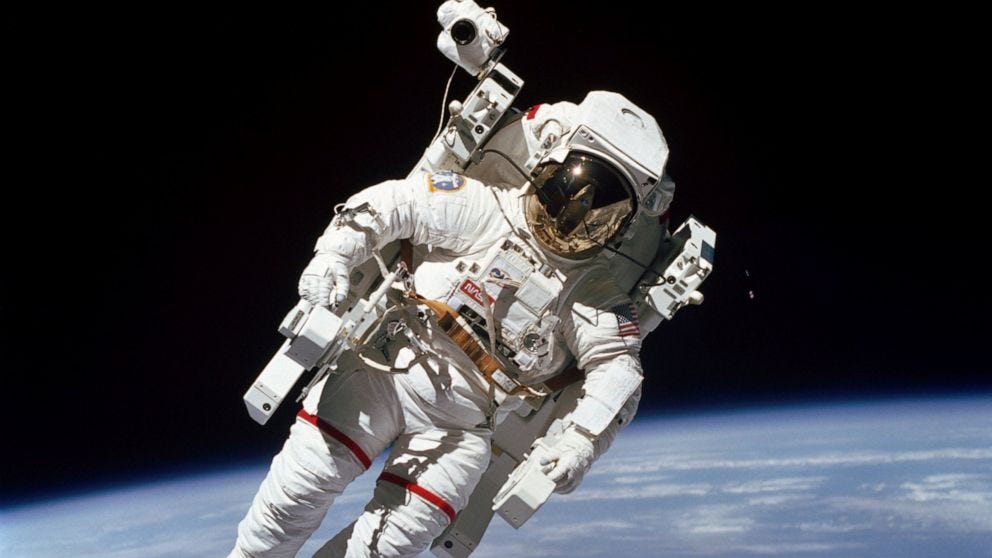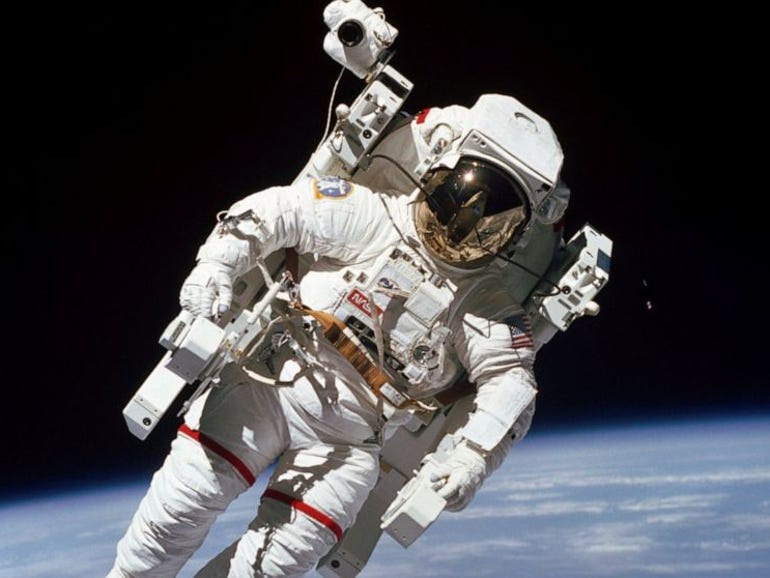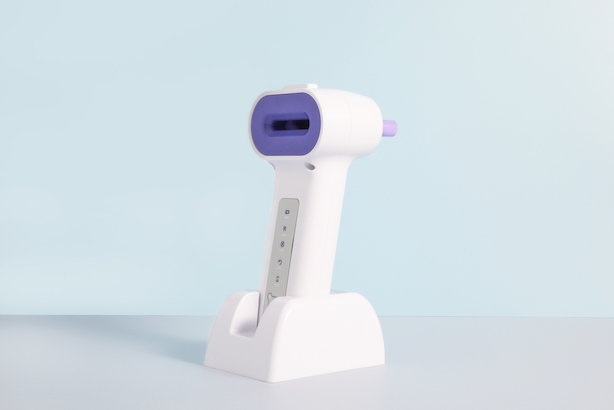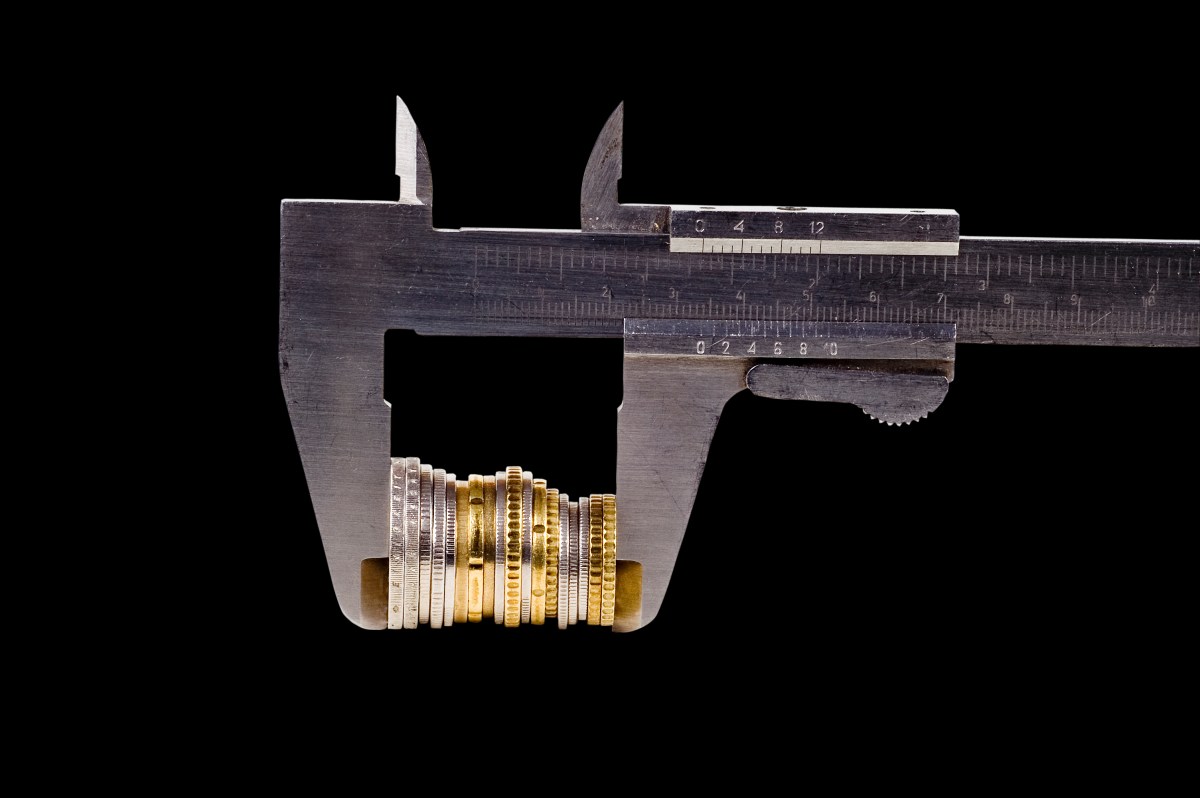NASA wants to convert waste into space gold

NASA astronaut floating in space.
NASA
The thing about a spacecraft is there really isn’t much room for stuff. As someone who lives on a sailboat with my family, I can certainly relate.
As human space ambitions grow beyond the moon, that creates real challenges for potential manned missions. So NASA, like all good sailors and efficiency-minded denizens of small quarters, is getting crafty. Instead of packing more stuff, what if there were useful ways to reuse the waste generated from old stuff?
That’s the premise behind a new crowdsourcing challenge called Waste to Base Materials Challenge: Sustainable Reprocessing in Space, which seeks to find novel ways to deal with waste for future human missions to space sustainably. HeroX is a leading platform and open marketplace for crowdsourced solutions that’s worked on previous NASA challenges in administering the competition and seeking innovative approaches to repurpose, recycle, and reprocess the waste generated onboard to enable mission sustainability.
“This is exactly what our crowd is poised to do: solve intractable problems with an eye for efficiency and sustainability,” said Kal K. Sahota, President & CEO of HeroX. “I am eager to see the submissions.”
What waste, you ask? Trash, to be sure, but in the cold reaches of space, waste also includes human byproducts, such as faecal matter and carbon dioxide. Among the needs that space waste might help with, propellant or feedstock for 3D printing is two possibilities. The prize is open to anyone aged 18 or older participating as an individual or as a team, and there’s some cash on the line, with a purse totaling $24,000.
The idea of recycling in space is hardly new, and you have to grin to imagine the fun engineers have had thinking of ways to repurpose old packaging and other waste into multiple generations of useful paraphernalia. Recently, with Mars in mind, NASA introduced The Orbital Syngas/Commodity Augmentation Reactor (OSCAR) project as an avenue to evolve new and innovative technology for dealing with garbage in space. OSCAR is capable of converting various kinds of waste into gases that can be used in space.
The ISS has had a water-recycling system since 2009 that can achieve around 85% water recovery using distillation technology, an absorption bed, and a catalytic oxidation reactor. It captures and reuses both urine and condensate water to generate potable water.
Given how much debris exists in orbit (over 20,000 individual pieces by some estimates), early talk of a space recycling center is also gaining steam. The Gateway Earth Development Group comprises academics from around the world eager to see space junk collected and reused. The group has proposed Gateway Earth, a fully operational space recycling center, which could be operational as soon as 2050.




